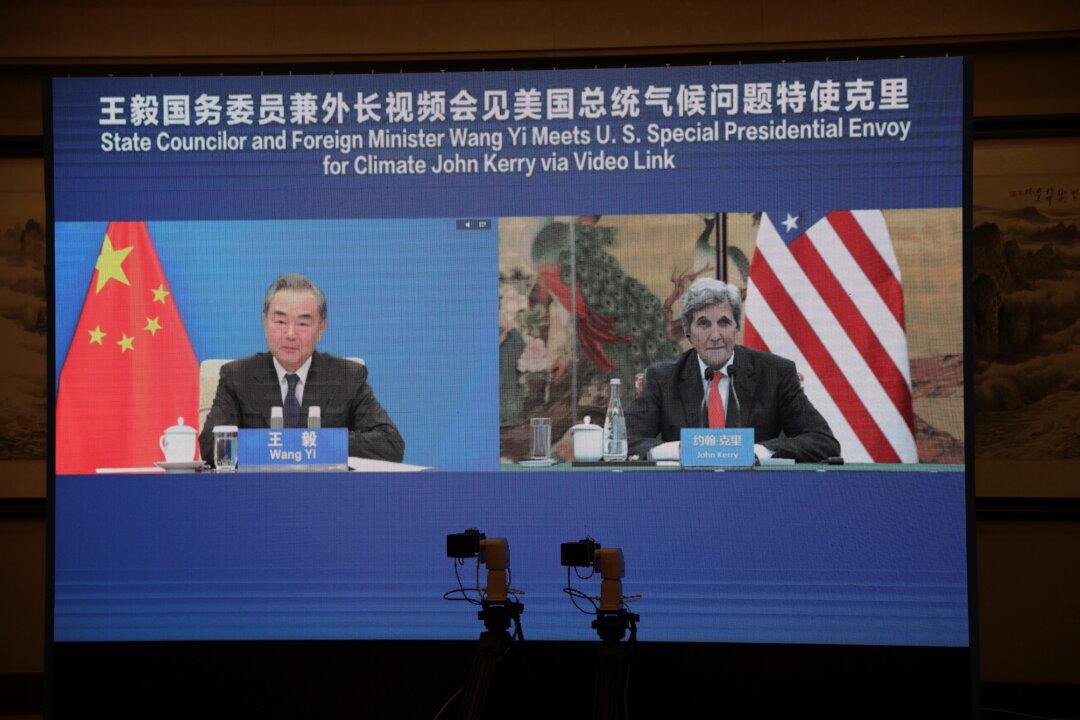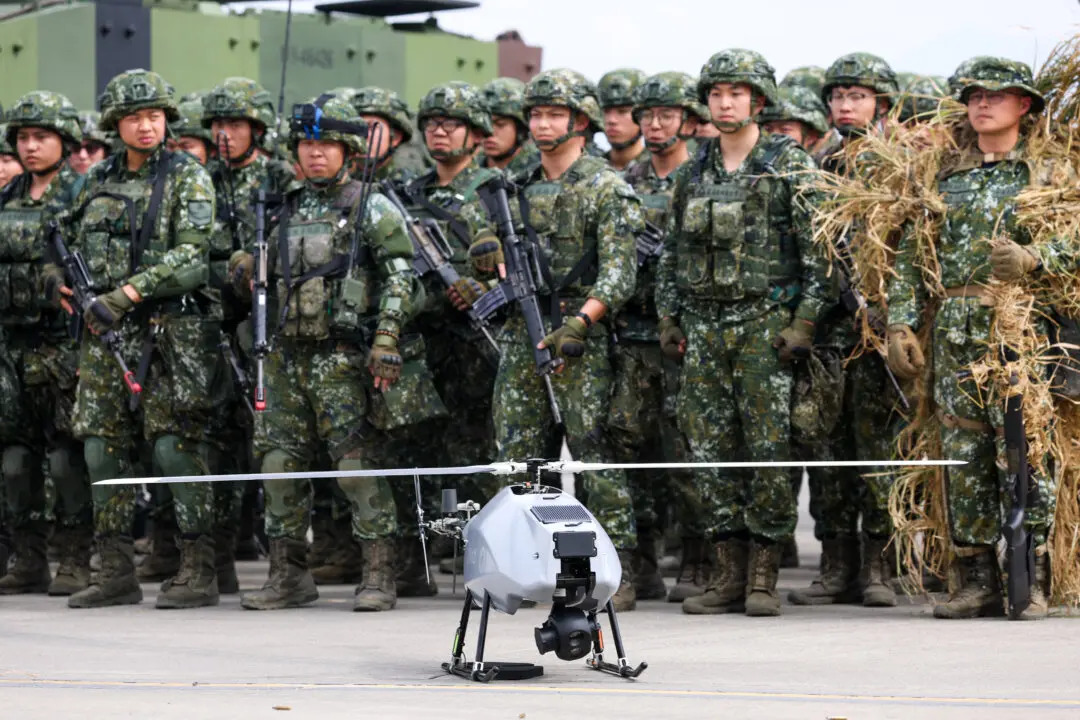Chinese Foreign Minister Wang Yi has given U.S. climate envoy John Kerry a set of instructions that the United States should follow if the Biden administration seeks Beijing’s cooperation on climate change.
Kerry is currently on the second leg of his Asia trip for negotiations on climate action. He first traveled to Japan before arriving in the Chinese port city of Tianjin on Aug. 31 for a three-day visit. He’s scheduled to meet with Xie Zhenhua, China’s special envoy for climate change affairs.





